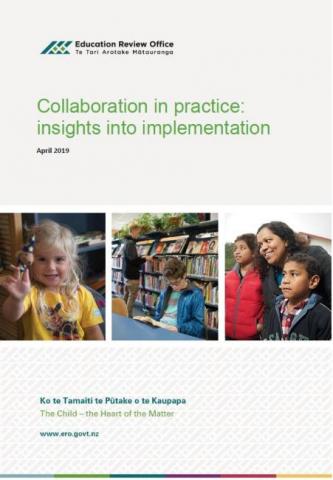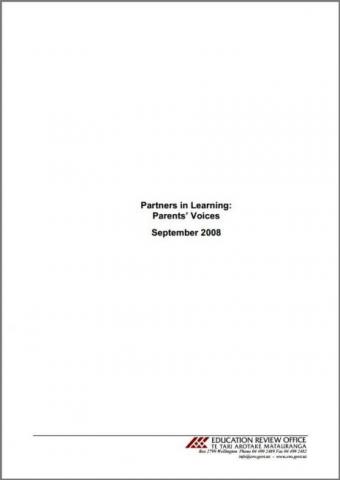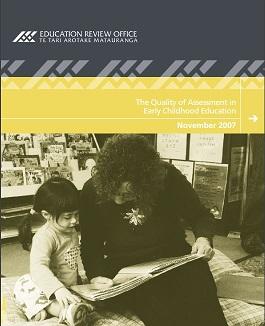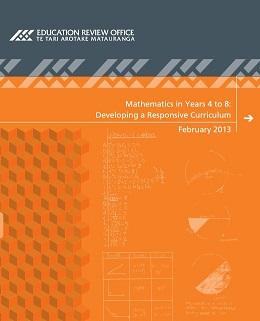Raising achievement in primary schools ALiM and ALL
Published: 26 Jun 2014
This national report is a companion report to Raising achievement in primary schools. It presents further findings of how some of the primary schools were using the Ministry-funded support projects - Accelerated Learning in Mathematics (ALiM) and Accelerated Learninig in Literacy (ALL) to accelerate progress and raise achievement.
- Audience:
- Education
- Parents
- Schools
- Content type:
- Research
- Topics:
- Raising achievement
- Accelerated learning
- Mathematics Support Teachers (MST)

















